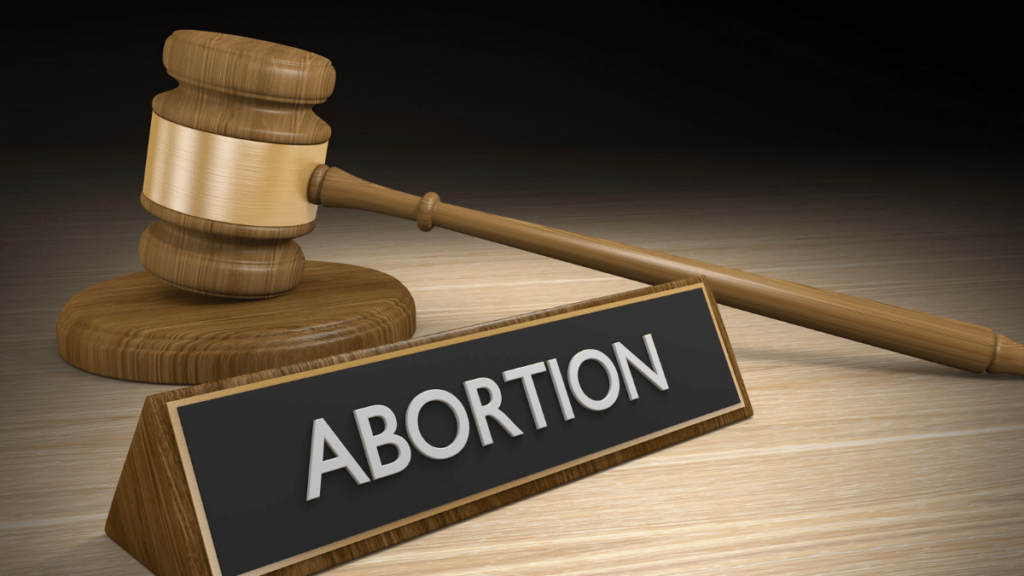Access to the abortion pill in the U.S. is uncertain with two conflicting court rulings in Texas and Washington on Friday.
For more than 20 years, mifepristone has been FDA-approved for early abortion. In 2019, GenBioPro received FDA approval for a generic mifepristone product.
GenBioPro announced earlier this year it is suing West Virginia over its statewide abortion ban.
On Friday, U.S. District Judge Matthew Kacsmaryk ordered a hold on federal approval of mifepristone, but that decision came at nearly the same time that U.S. District Judge Thomas O. Rice essentially ordered the opposite. Rice directed U.S. authorities not to make any changes that would restrict access to the drug in at least 17 states where Democrats sued in an effort to protect availability.
The split rulings likely put the issue on an accelerated path to the U.S. Supreme Court.
While Friday’s rulings are not directly related to West Virginia’s lawsuit, GenBioPro, the maker of Mifepristone, reacted to the legal wrangling and announced it is reviewing both federal court orders.
The abortion drug has been widely used in the U.S. since securing FDA approval and there is essentially no precedent for a lone judge overruling the medical decisions of the Food and Drug Administration.
In a statement, Evan Masingill, CEO of GenBioPro, acknowledged his company is not a party in that case, but that his team will review the court order in detail.
“Nothing in the court’s order changes the decades of science and evidence regarding mifepristone’s safety and efficacy,” Masingill said in a statement. “As we review the court’s order, we will continue to make our product available. We will take any steps necessary to lawfully make mifepristone available and accessible to as many people as possible in the country.“
According to the Associated Press, President Joe Biden said his administration would fight the Texas ruling.





















 Dollar Photo
Dollar Photo
